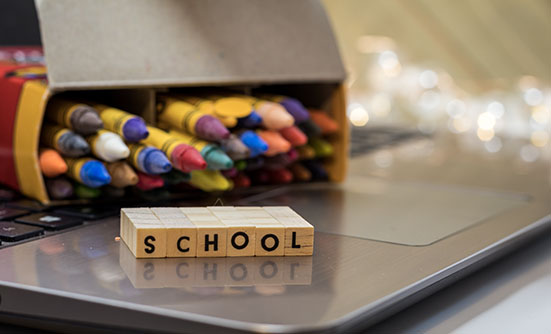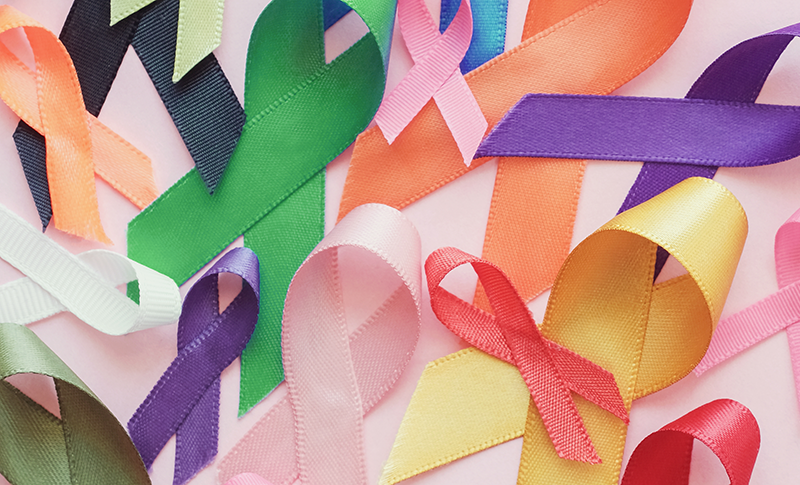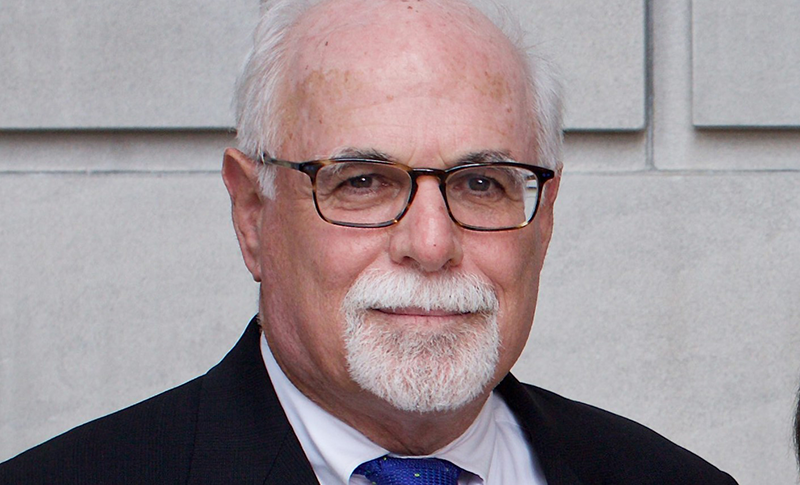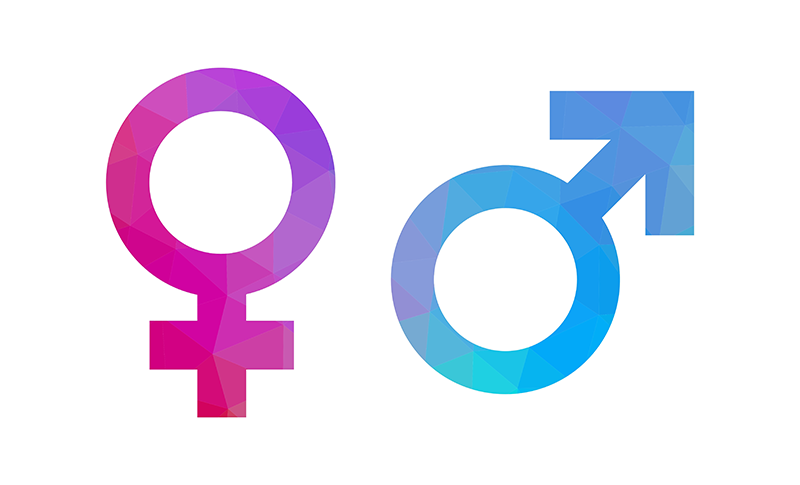The physical toll of childhood cancer is challenging enough for kids. The psychological and emotional challenges created by missing school and social activities during treatment and recovery can make an already difficult situation that much worse.
It’s not uncommon for pediatric cancer patients to miss school for weeks at a time. Many schools and nonprofits offer modified instruction for children with cancer, such as virtual learning or e-learning. The break from the traditional, in-school educational model was once a cause of anxiety for kids, causing a child with cancer to not only suffer academically, but also experience feelings of isolation and low self-esteem.
Given today’s reality, this is less likely to be the case.
COVID-19 Has Brought Virtual Learning into the Mainstream
Although virtual learning technology has existed for years, it hasn’t been widely used for K-12 education. Many educators weren’t trained in virtual learning, and it was an unfamiliar experience for children with cancer.
In the wake of the COVID-19 pandemic, schools have been forced to use virtual learning to continue to provide education to students. When schools started shutting down in March, there was a bit of a scramble to adjust to the virtual model. Educators did the best they could to create an effective learning environment with no notice or training.
However, schools have spent the summer preparing to reopen in August and September, with most offering more robust virtual learning options. In other words, virtual learning in the fall will probably look much different than virtual learning in the spring. Virtual learning is no longer a seldom-used program offered in “special” circumstances. It’s available for everyone.
From Schooling and Social Perspectives, Children with Cancer Are in the Same Boat
A child with cancer who learns virtually from home is in the same “classroom” environment as any other student, which can reduce feelings of stress and anxiety. They have the same level of social interaction. They have the same level of engagement with teachers. They also have the same level of flexibility that virtual learning provides.
A pediatric cancer patient might be able to schedule a virtual or in-person appointment with a doctor without the awkwardness of being pulled out of class. If they’re feeling tired or unwell after treatment, they might be able to rest between virtual learning periods instead of taking entire days off. This allows children with cancer to stay engaged socially without falling behind academically.
Of course, teachers know the situation. Parents and students can collaborate with teachers to develop a manageable schedule that provides the flexibility to receive and recover from treatment. As far as their classmates know, children with cancer are participating at the same level as everyone else.
Tips for Succeeding with Virtual Learning
Consistency is critical to successful virtual learning. Find a dedicated space where learning and schoolwork will take place each day, whether it’s a desk in the child’s bedroom or a corner of the kitchen table. If possible, use the same device, ideally a laptop rather than a smartphone or tablet.
Some schools and grade levels will have more structured schedules than others. If your virtual learning model is less structured, try to develop a consistent routine that resembles in-school learning. Get up at the same time each day. Use time between live learning sessions productively. Try creative activities like art and music, use video chat to socialize with friends, get some exercise, or simply rest up for the next session.
Childhood cancer is never easy, especially when treatment causes a child to miss school. Everyone has had a taste of virtual learning at this point, which should help to reduce stress for children with cancer while enabling them to stay socially engaged.














